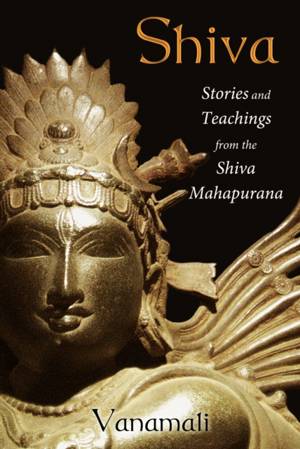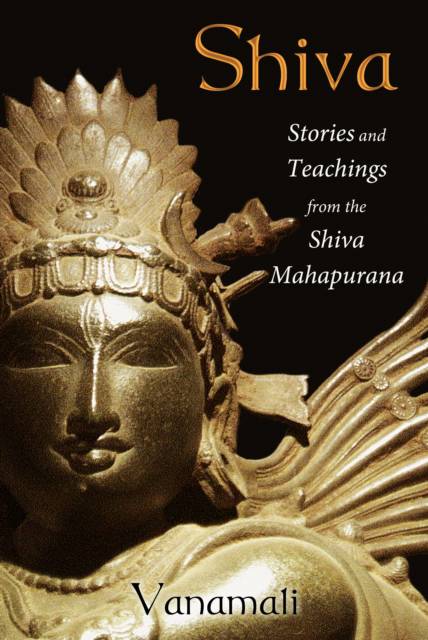
- Retrait gratuit dans votre magasin Club
- 7.000.000 titres dans notre catalogue
- Payer en toute sécurité
- Toujours un magasin près de chez vous
- Retrait gratuit dans votre magasin Club
- 7.000.0000 titres dans notre catalogue
- Payer en toute sécurité
- Toujours un magasin près de chez vous
25,45 €
+ 50 points
Description
The traditional understanding of Shiva told through stories and teachings from the Shiva Mahapurana - Explains Shiva's contradictory forms, such as destroyer or benefactor, and how his form depends on the needs of the devotee - Reveals how Shiva's teachings allow one to see through the illusions at the root of all grief and alienation in human life - Explores Shiva's relationships with Durga, Shakti, Sati, and Parvati and with his sons Ganesha and Kartikeya Shiva, the most ancient and complex deity of the Hindu pantheon, has been portrayed in many contrasting lights: destroyer and benefactor, ascetic and householder, wild demon slayer and calm yogi atop Mount Kailash. Drawing from the Hindu sacred text the Shiva Mahapurana--said to be written by Shiva himself--Vanamali selects the essential stories of Shiva, both those from his dark wild side and those from his benevolent peaceful side. Vanamali discusses Shiva's many avatars such as Shambunatha and Bhola, as well as Dakshinamurti who taught the shastras and tantras to the rishis. She explores Shiva's relationships with Durga, Shakti, Sati, and Parvati and with his sons Ganesha and Kartikeya. Examining Shiva's acceptance of outsiders, Vanamali explains why ghosts and ghouls are his attendants and why his greatest devotees are demon kings, like Ravana. She includes famous Shiva stories such as the Descent of the River Ganga and Churning the Milky Ocean as well as those that reveal the origin of the festival of lights, Diwali; his creation of the cosmic couple, or hierogamos; and how Shiva and Parvati taught the world the secrets of Kundalini Shakti. The author also draws upon Shaivite teachings to illustrate the differences between Western science and Vedic science and their explanations for the origins of consciousness. Integrating Shiva's two sides, the fierce and the peaceful, Vanamali reveals that Shiva's form depends on the needs of the devotee. Understanding his teachings allows one to see through the illusions at the root of all grief and alienation in human life, for Shiva is the wielder of maya who does not fall under its spell. While Ganesha is known as the remover of obstacles, Shiva is the remover of tears.
Spécifications
Parties prenantes
- Auteur(s) :
- Editeur:
Contenu
- Nombre de pages :
- 272
- Langue:
- Anglais
Caractéristiques
- EAN:
- 9781620552483
- Date de parution :
- 04-10-13
- Format:
- Livre broché
- Format numérique:
- Trade paperback (VS)
- Dimensions :
- 150 mm x 226 mm
- Poids :
- 294 g

Les avis
Nous publions uniquement les avis qui respectent les conditions requises. Consultez nos conditions pour les avis.






